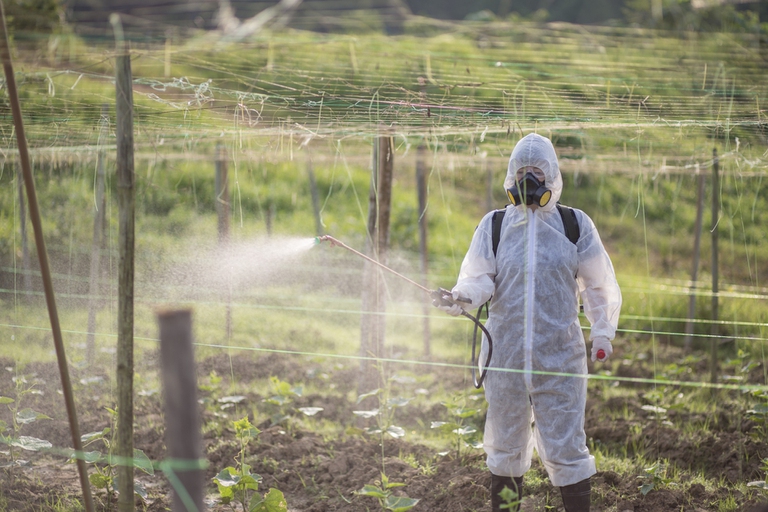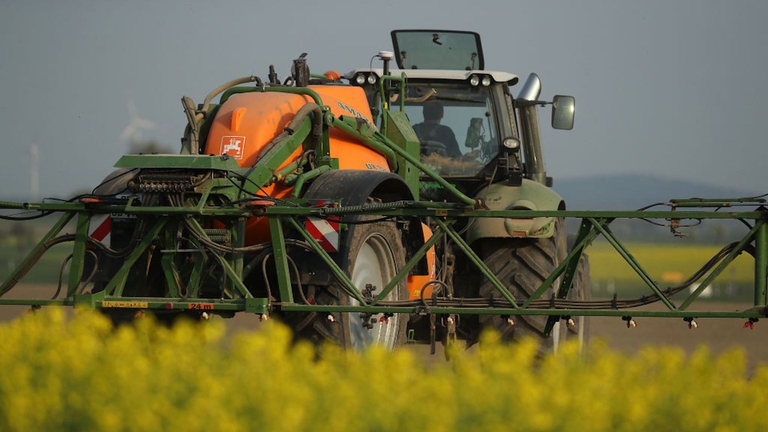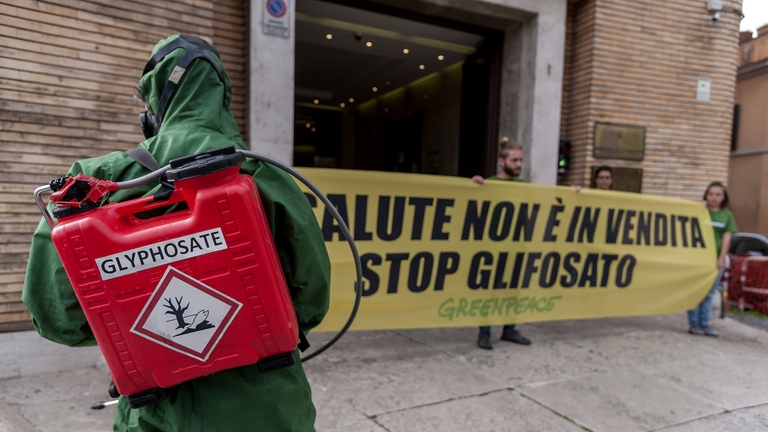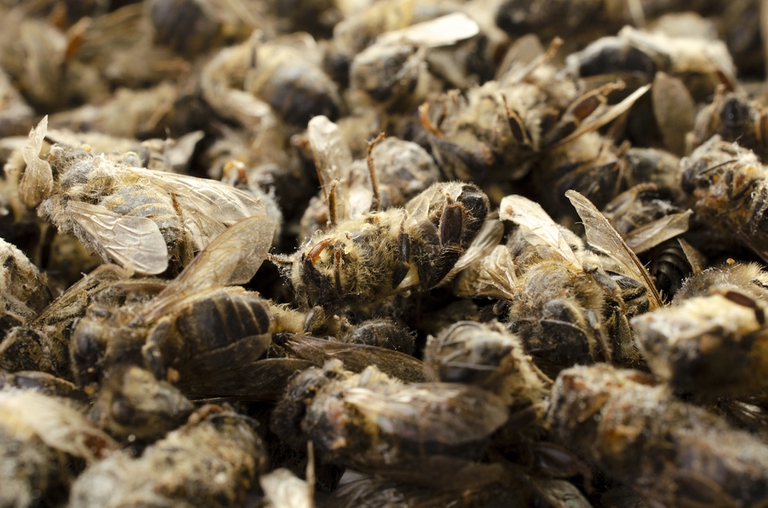https://www.lifegate.it/glifosato-valutazione-efsa
- |
- Glyphosate is a component of herbicides whose use in the European Union is permitted until 15 December 2023.
- Then, the European Commission and the Member States will have to decide whether to ban or extend its use also on the basis of EFSA's assessment which has not highlighted areas of critical concern regarding the substance.
- For NGOs, however, this is a controversial assessment that entails risks to health and the environment.
“The assessment of the impact of glyphosate on human, animal and environmental health did not highlight any areas of critical concern”:these are the conclusions reached by theEfsa, the European Food Safety Authority, on this controversial substance present in the composition of many herbicides broad-spectrum products used in agriculture around the world, such as RoundUp from Monsanto, now acquired by Bayer.The opinion leaves NGOs and environmental associations perplexed and reopens the debate on pesticides.

The exemptions that allow the use of glyphosate in Europe
In Europe the glyphosate it is subject to severe regulation, banning it has been discussed for years, but its use is prolonged thanks to the approval of continuous extensions to the exemption.Currently the approval period for the use of the substance in the EU ends on December 15, 2023.In view of the legislative process envisaged for the renewal of the approval, new evaluations have been carried out which will be examined by the European Commission and the Member States, called upon to decide on the opportunity to maintain glyphosate in the European list of approved active substances in plant protection products.
Glyphosate, EFSA's opinion:“No areas of critical concern”
Ua concern is defined “criticism” when it concerns all the proposed uses of the active substance being evaluated (for example, use in pre-sowing or post-harvest), thus preventing its approval or renewal, but according to EFSA glyphosate does not fall within this category because it does not meets the scientific criteria to be classified as substance carcinogenic, mutagenic or reprotoxic, that is, with negative effects on the ability of men and women to reproduce.

However, EFSA reports some gaps in the data which leave several aspects open:the issues that could not be definitively resolved include the evaluation of one of the impurity present in glyphosate, the evaluation of food risk for consumers, the evaluation of risks for aquatic plants and the toxicity assessment of one of the components of the formulation of pesticides based on this substance.
“The risk assessment and peer review of glyphosate is the result of work carried out by dozens of scientific experts from EFSA and Member States in a three-year process,” he said Guilhem de Seze of EFSA.“A process that is based on the evaluation of many thousands of scientific studies and articles, as well as incorporating the valuable contributions provided through public consultation.”
NGOs report:“The scandal continues”
NGOs and environmental associations are not of the same opinion, they report evaluations based on biased studies, pressures of lobby of the agroindustry and risks to health and the environment with the use of glyphosate.“Today's opinion from EFSA is yet another mockery of European citizens, who already in 2017 had asked political decision-makers to ban glyphosate, and towards the European Parliament, which had asked for eliminate the use of glyphosate by December 2022,” he explained in a statement Federica Ferrario, Agriculture campaign manager for Greenpeace Italy.“It is vital that Italy and other member countries vote against the renewal of the authorization for glyphosate, to give priority to the protection of people and the environment, and not the turnover of the pesticide industry”.

As Greenpeace reminds us, the history of glyphosate is linked to a long series of controversial facts.Between 2012 and 2015, several public authorities plagiarized agricultural biotechnology multinational Monsanto's assessments of existing literature on the health impacts of glyphosate and presented them as their own conclusions.In 2017, i “Monsanto papers” Americans showed that Monsanto interfered with studies to promote the safety of glyphosate and attacked the International Agency for Research on Cancer which had classified glyphosate as probable carcinogen.In 2020, two researchers fromCancer Research Institute of the Medical University of Vienna assessed the quality of glyphosate genotoxicity studies submitted to EU authorities for the current renewal procedure and concluded that it was largely “unreliable” or only “partially reliable”.Other independent research they then demonstrated that glyphosate can be toxic to bees.
Pesticide action network Europe defined the EFSA assessment, “a slap in the face to many independent scientists and to all citizens and policy makers who see the need to protect biodiversity (and the future of food production), the health and safety of agricultural workers and reduce the overall use of pesticides and glyphosate in particular."

“The glyphosate scandal continues,” declared the NGO network, according to which a prolongation of the use of glyphosate would be in direct conflict with the EU objective of 50 percent reduction in pesticides of European green deal and of Statement by Montreal after COP15 on biodiversity. It also highlights that iThe EU pesticide authorization system is deeply flawed and overlooks a wide range of independent scientific studies and peer-reviewed evidence that glyphosate is genotoxic, neurotoxic, damages the intestinal microbiome and causes serious damage to soil, aquatic life and biodiversity.
